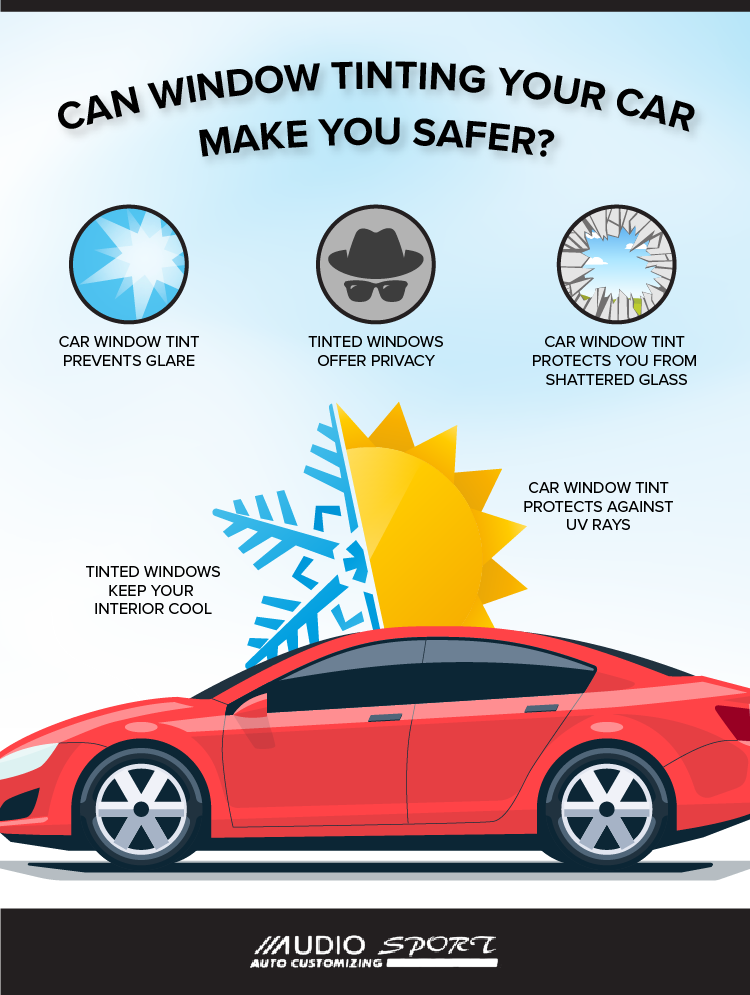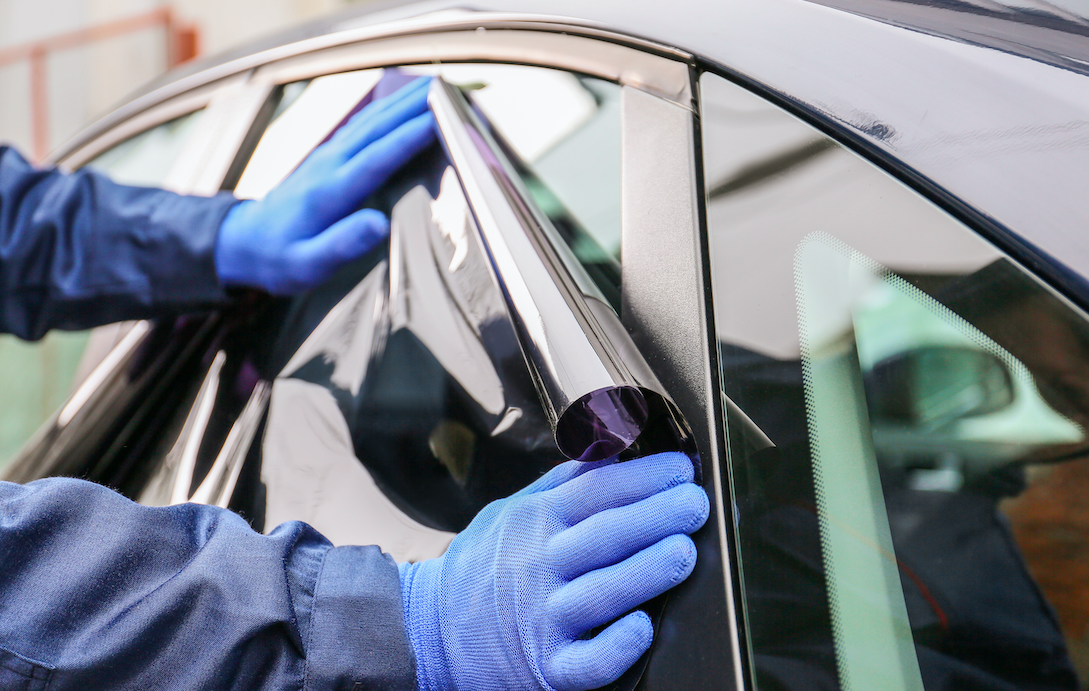Window Tinting for Homes: Improve Energy Efficiency and Privacy with Style
Window Tinting for Homes: Improve Energy Efficiency and Privacy with Style
Blog Article
Home Window Tinting Laws: What You Need to Know Prior To Tinting Your Automobile
Recognizing home window tinting laws is essential for any kind of vehicle proprietor thinking about tinting their car. Laws vary considerably from one state to another, establishing specific limits for Visible Light Transmission (VLT) percents, particularly for front-side windows and windshields. Failure to abide by these legislations can result in penalties, the requirement to eliminate the tint, and difficulties with insurance coverage. As you contemplate enhancing your vehicle's look and functionality, it is crucial to understand not only the lawful implications yet likewise the sensible factors to consider that include picking the best color. What aspects should you focus on in your decision-making process?
Relevance of Understanding Tint Rules
Understanding window tinting legislations is critical for automobile owners to make sure conformity with state laws. These regulations dictate the permissible levels of color darkness and reflectivity, which can significantly vary from one jurisdiction to one more. Stopping working to follow these guidelines can lead to penalties, required removal of the color, and possible difficulties throughout vehicle evaluations.
In addition, recognizing these regulations aids vehicle proprietors make notified choices regarding their tinting alternatives. Different kinds of window movies give different benefits, such as UV defense, warmth denial, and glow decrease. Without knowledge of the lawful restrictions, lorry proprietors run the risk of choosing items that might inevitably lead to legal issues.
Additionally, understanding of tinting laws fosters a more secure driving atmosphere. window tinting. Exceedingly dark colors can hinder exposure, increasing the threat of crashes, specifically in the evening or in unfavorable weather. Police also make use of these laws to ensure roadway safety, making conformity not just a legal responsibility yet an individual responsibility
State-Specific Tint Laws
Each state in the united state has developed its very own certain regulations regarding home window tinting, reflecting a diverse selection of standards and demands. These laws can vary dramatically, impacting just how lorry owners come close to setup and conformity. For instance, some states permit darker tints on back windows while enforcing strict limits on front-side home windows.
In addition, regulations frequently define allowable color products and colors. Particular states restrict reflective colors completely, while others might permit them to a restricted level. Some jurisdictions mandate that lorries with tinted windows display a sticker label showing conformity with state laws, giving a clear identification for law enforcement.
Enforcement of these legislations also differs; some states are more positive, carrying out random checks, while others depend on problems or visible violations to initiate enforcement. Lorry proprietors need to be aware that failing to adhere to state-specific tint laws can result in fines, necessary removal of unlawful tints, or both.

Legal Tint Percentages
Determining the lawful color percents is essential for lorry owners seeking to follow state regulations. Each state has details regulations regulating exactly how much light has to go through the windows of a car, which is expressed as a percentage understood as Visible Light Transmission (VLT) This percentage varies significantly across states and can rely on the kind of home window-- front side, back side, and windscreen.
For example, some states allow just 20% VLT on front side windows, while others might permit up to 50%. Windshield tinting is usually more restricted, with click now several jurisdictions permitting only a narrow band of tint on top of the windshield. On the other hand, back windows usually have a lot more lax laws, with some states permitting darker colors.
It is essential for lorry proprietors to familiarize themselves with their local laws to stay clear of prospective legal concerns. This consists of understanding how VLT is gauged, as it can differ based upon the sort of home window film made use of. Staying notified about these laws guarantees conformity and promotes safe driving problems for both the car proprietor and others on the road.
Effects of Non-Compliance
Stopping working to stick to home window tinting laws can lead to significant repercussions for car owners. Police officers educated to determine illegal color degrees may issue fines, which can vary by territory but commonly range from moderate to substantial quantities.

Insurer might also enforce charges for non-compliance, as unlawful adjustments can be deemed a pop over here violation of plan terms. If an event happens., this could impact coverage rates or lead to issues in cases.
Ultimately, the effects of non-compliance expand past immediate punitive damages; they can affect a driver's insurance policy rates, lawful standing, and general vehicle value, stressing the importance of sticking to local window tinting laws.
Tips for Choosing Tinting Options
When picking window tinting alternatives,Comprehending directory the effects of non-compliance highlights the value of making notified options. To start with, familiarize on your own with your state's particular legislations regarding tint darkness and reflectivity. Each state has special regulations that dictate the acceptable limitations, so ensure you remain within these standards to stay clear of penalties.
Secondly, take into consideration the sort of color material. Options include colored, metalized, and ceramic colors, each offering varying degrees of warm rejection, UV defense, and sturdiness. As an example, ceramic colors supply exceptional warmth resistance without hindering electronic devices, making them a popular option.
In addition, examine your primary function for tinting. If you look for improved privacy, go with darker tints; however, bear in mind that this may influence exposure in the evening. Alternatively, if glow reduction and UV security are your major worries, lighter colors may be adequate.
Finally, talk to a professional installer who is well-informed regarding local policies and can advise high-quality materials suited to your demands (window tinting). Taking these aspects right into account will ensure you make an educated choice, eventually boosting both your vehicle's aesthetic appeals and capability
Conclusion
In final thought, experience with window tinting legislations is essential prior to using tint to a lorry. By comprehending lawful needs and selecting suitable color materials, automobile proprietors can attain aesthetic enhancement while remaining certified with relevant legislations.
Recognizing home window tinting laws is vital for any automobile proprietor considering tinting their cars and truck.Comprehending home window tinting laws is critical for vehicle proprietors to make certain compliance with state guidelines. Some states permit darker tints on back home windows while enforcing stringent limits on front-side windows.
In contrast, back home windows typically have a lot more tolerant policies, with some states permitting darker colors. (window tinting)
In conclusion, familiarity with window tinting regulations is crucial prior to using color to a vehicle.
Report this page